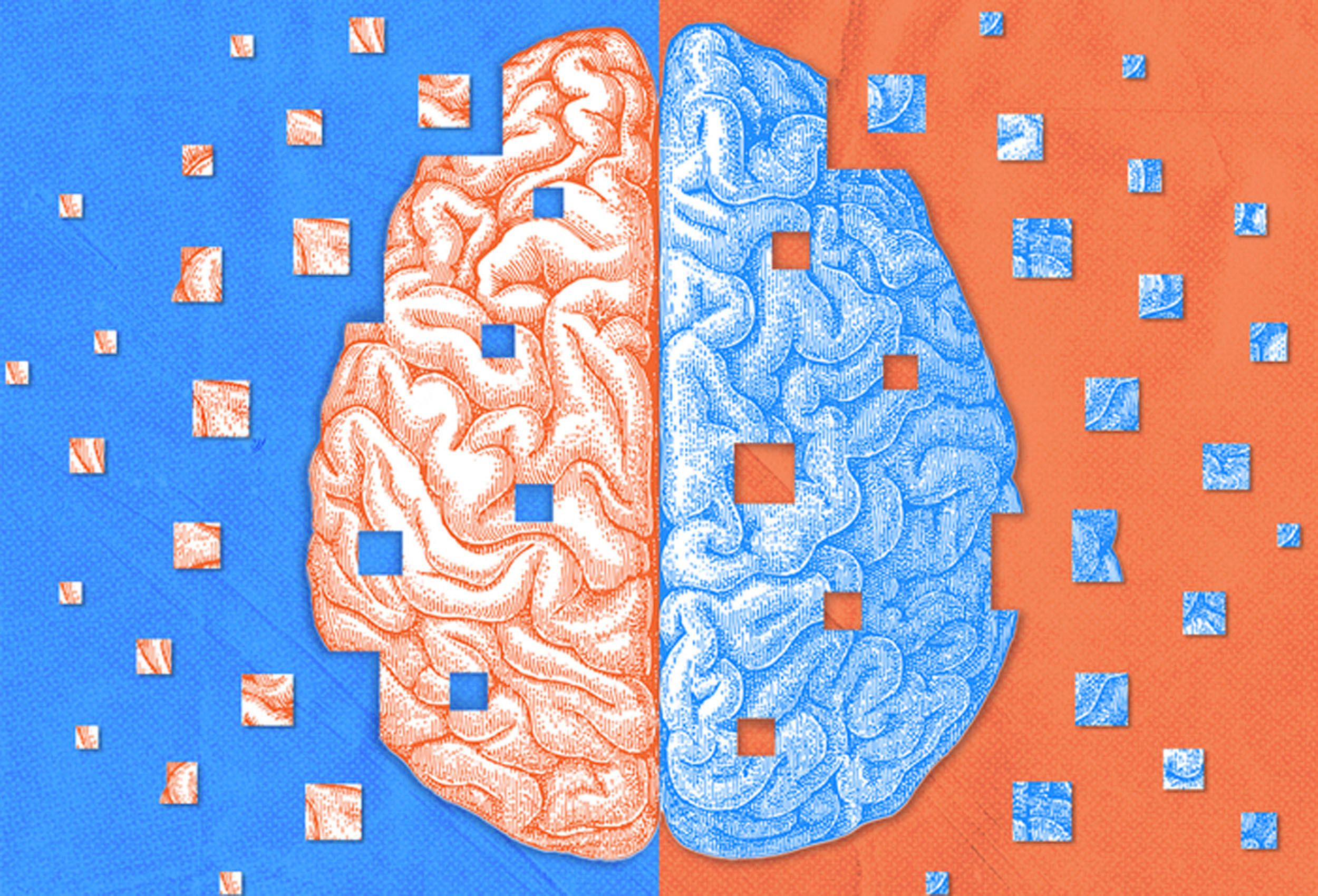Alzheimer's disease is a physiological condition that affects the brain and ultimately leads to the development of dementia. It is widely recognized as the primary contributor to the onset of dementia.
Dementia encompasses various progressive brain disorders, representing a broad category of conditions.
Different forms of dementia hinder an individual's ability to recollect, reason, and communicate by disrupting the proper functioning of neurons in specific areas of the brain.
Distinguishing Between Alzheimer's Disease and Dementia
Alzheimer's disease, also known as Alzheimer's, refers to both the neurological condition that affects the brain and the specific form of dementia it leads to. This condition damages the brain and results in cognitive decline.
Discerning the Distinction: Alzheimer's versus Dementia
As dementia progresses, individuals face challenges in independently performing their daily activities due to memory loss and other cognitive difficulties. Various brain-related conditions can be attributed to this, with Alzheimer's disease being the most common cause of dementia.
In the early stages of Alzheimer's disease, the brain undergoes changes even before any noticeable symptoms arise. These initial symptoms are typically mild and do not significantly hinder one's ability to carry out daily tasks. It is only later in the course of the disease that the symptoms worsen to the point of being categorised as "dementia."
There are additional factors that can contribute to the development of dementia, such as vascular disease, impaired blood flow to the brain, and Lewy body disease.
Just like Alzheimer's disease, these conditions gradually progress in the brain over a long period of time. Ultimately, they result in the development of vascular dementia and Lewy body dementia.
Understanding the Nature of Alzheimer's
Alzheimer's disease is the leading cause of dementia, affecting two-thirds of individuals diagnosed with dementia in the UK. It is often referred to as simply "Alzheimer's".
Alzheimer's disease is a physiological condition that adversely affects the functioning of an individual's brain. The onset of this condition occurs several years prior to the manifestation of any noticeable symptoms.
Alzheimer's disease's mild initial symptoms do not impede an individual's ability to independently carry out their daily activities. This condition is referred to as Mild Cognitive Impairment (MCI).
Alzheimer's disease manifests itself uniquely in each individual, but there are several shared early symptoms that are typically observed.
- Memory concerns
- Challenges in cognitive processes and logical thinking
- Language problems
- Changes in perspective can alter one's perception of auditory and visual stimuli.
- Experiencing fluctuations in one's emotional state
As Alzheimer's disease progresses, the symptoms will worsen over time. Individuals affected by Alzheimer's will increasingly rely on assistance for their daily activities.
Unveiling the Triggers Behind Alzheimer's Disease
The buildup of tau and amyloid chemicals in the brain is a major contributor to Alzheimer's disease, although there are numerous other factors involved. These substances aggregate and form plaques and tangles at a microscopic level, leading to impaired brain function when the brain's conditions are unfavourable.
Gradually, over time, the condition leads to the shrinking of specific regions. Moreover, it decreases the quantity of essential substances needed to transmit instructions throughout the brain.
As individuals undergo a process of brain recovery, they may eventually encounter memory impairment and cognitive challenges. The term "dementia" refers to the stage where these difficulties have advanced to the extent that performing previously effortless daily tasks becomes arduous. Cross Counties Training First Aid offers an exceptional range of accredited First Aid training courses and qualifications to individuals, educators, and corporate owners. Now, get certified and gain lifesaving skills that can help you respond to emergencies.
What is Dementia?
Dementia is a collection of symptoms that result from various brain-damaging diseases. These symptoms progressively worsen over time and encompass the following:
- Loss of memory
- Confusion and requiring help with daily tasks
- Challenges related to language comprehension and interpretation
- Alterations in behaviour.
Dementia is a condition that progresses gradually, wherein the symptoms may appear mild initially but intensify as time goes on.
Exploring Alternative Varieties of Dementia
Vascular dementia, which ranks as the second most prevalent form of dementia, arises due to issues concerning the blood flow to specific regions of the brain.
Lewy body dementia, a condition characterized by the accumulation of protein clumps known as Lewy bodies in the brain, can be classified into two main types. These tiny protein aggregates are responsible for the development of Lewy body disease.
- Dementia with Lewy bodies, also known as Lewy body disease, occurs when the first signs of dementia coincide with those of Lewy body disease.
- Parkinson's disease Dementia, a potential consequence of Parkinson's disease, primarily impacting mobility but occasionally leading to dementia later on, is one outcome associated with Lewy body disease. In such cases, it is commonly referred to as dementia caused by Parkinson's disease.
Frontotemporal dementia, which is a less common form of dementia, is primarily caused by various illnesses that predominantly impact the frontal and temporal lobes of the brain. This type of dementia occurs less frequently but can be attributed to different diseases.
Mixed dementia refers to the condition where an individual presents with a combination of clinical manifestations from multiple identifiable types of dementia. For example, if someone displays symptoms related to both Alzheimer's disease and dementia with Lewy bodies, they would be diagnosed with mixed dementia.
Determining the Specific Form of Dementia I Am Dealing With
In order to diagnose dementia, it is usually necessary for a healthcare specialist who specializes in this field to conduct a comprehensive assessment at a local memory care facility.
Ideally, the doctor should disclose the specific type of dementia to the patient when they are diagnosed. However, this is not always the practice. Identifying the underlying cause of dementia, particularly in the early stages, can be a complex task.
Rephrase While having knowledge of the precise cause of dementia is not always essential, comprehending the cause can facilitate an understanding of the patient's symptoms and enable the selection of the most appropriate course of action.
